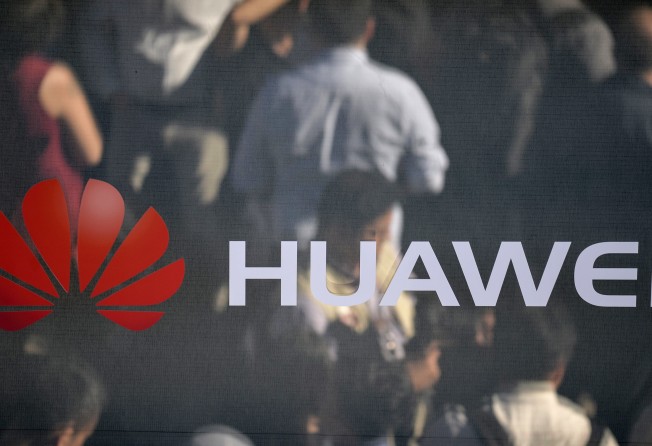Politicians put global security at risk with Chinese paranoia
- The world is unnecessarily being taken down a dangerous path with claims in the West that the country’s technology companies are using their equipment to spy for Beijing

Nothing good can come of the anti-Chinese sentiment being spread in the West by governments worried about China’s rise. Huawei and other technology companies have been accused of using their equipment to spy for Beijing, yet no evidence has been provided to back the claims. Mistrust is spreading and paranoia growing, and talk is rife of bans and boycotts of all things Chinese. The world is unnecessarily being taken down a dangerous path; history is littered with conflicts that began in similar circumstances.
The atmosphere has become so toxic that suspicions are being cast where there should be none. Chinese smartphones are claimed to have been fitted with chips that collect personal data and buses in the US are alleged to have listening devices in seats. Germany’s top cybersecurity official said last month after his agency analysed data and equipment in a Huawei facility in Bonn that there was “currently no reliable evidence” of a security risk posed by the company. As with prominent American macroeconomist Jeffrey Sachs, he has come under fire for taking a position perceived as being pro-Beijing.
United States President Donald Trump’s administration is driving the suspicions, its trade war with China being the centrepiece of a strategy to shore up his nation’s economic standing. Claims that companies have links to China’s communist government have long been the reason for deals being blocked on national security grounds and that is the basis for barring 5G networking hardware and other telecommunications equipment made by Huawei and ZTE. American allies Australia, New Zealand and Japan have followed suit and European governments are also considering imposing bans.
Poland is the latest, the arrest of Huawei’s sales director in the country for espionage prompting government officials to consider barring the firm’s equipment. The government in the Czech Republic has also stopped officials from using Huawei phones and other products after they were considered a risk by the nation’s security agencies. President Milos Zeman has seen reason, though; knowing Beijing’s importance to the economy and being aware that allegations are being made without proof, he has questioned the actions. In Sweden, defence officials fear that a Chinese-built satellite station may be providing information to China’s military.
China and its companies have to improve their public relations, but it will be a huge challenge to fight such prejudice. Increasingly, people in the West have a sense of insecurity when encountering Chinese products, believing accusations that equipment and apps are collecting personal information. Each new claim furthers the mistrust and deepens paranoia. Politicians have to be mindful of the dangers to global stability of pursuing their course.